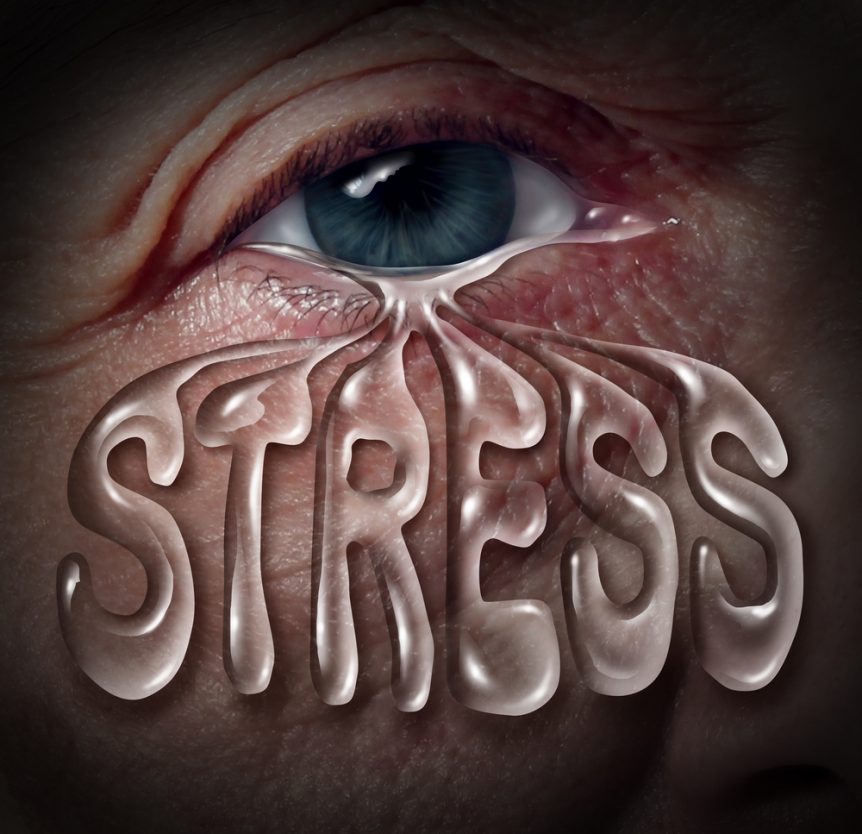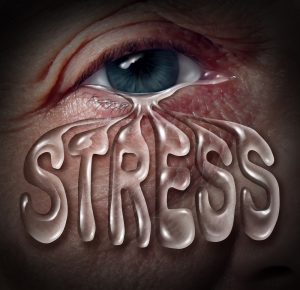Stress is a commonly experienced problem and is a body’s method of reacting to a challenge. It is a physiological reaction which results in physical and emotional changes in the body. There is `good` stress which is short term and gives us a temporary surge of adrenalin which leads to mental clarity and the ability to carry on/work longer. The important factor about `good` stress is that once the task/job is completed you can stop and relax.
Prolonged stress where your body is constantly running in ` emergency` mode and you are unable to stop and relax leads to physical and emotional problems. Our bodies are not designed to be constantly in `emergency`/fright or flight mode.
Too much stress can cause lots of issues:-
- Cognitive Issues – memory problems, inability to concentrate, poor judgement, seeing only the negative, anxious or racing thoughts, constant worrying.
- Emotional Issues – moodiness, irritability, short temper, agitation, inability to relax, feeling overwhelmed, sense of loneliness and isolation.
- Physical Issues – aches and pains, digestive problems, nausea, dizziness, chest pain, rapid heartbeat, loss of sex drive, poor immune system.
- Behavioural Issues – changes in appetite (eating more or less), Sleep problems (sleeping more or less), isolating yourself from others, dependency on alcohol, cigarettes, drugs etc, and Nervous habits (nail biting etc).
How Much Stress is too much?
Everyone is different and your ability to tolerate stress depends on many factors. Some people appear to thrive on the excitement and challenge of a high stress lifestyle while others appear to crumble in the face of far more smaller obstacles. Tolerance to stressful situations depend on many factors and everyone is individual as to how much `good` stress they can cope with before it becomes too much.
Confidence in your own ability to influence events increases your tolerance to stress along with a optimistic outlook and humourous nature. Knowledge and preparation about a stressful situation makes stress easier to cope with. People with an ability to deal with their emotions and an understanding how they can soothe and bring their emotions into balance are far less likely to become over stressed.
Effects of Chronic Stress
The body is not able to differentiate between physical and psychological threats/stress. Our body reacts just as strongly as if you are facing a life/death situation. If you are constantly stressed by external or self generated stress then it becomes harder to `shut off`.
Chronic stress disrupts nearly every system in our body. Long term stress can even rewire the brain, leaving you more vulnerable to anxiety and depression.
Other than your GP there are many sources for help with stress –
A quick search on the internet will lead you to a variety of sites that can guide you in dealing with stress.
Complementary Therapies are very important as they allow you to take time out of your busy life to `rest`.



